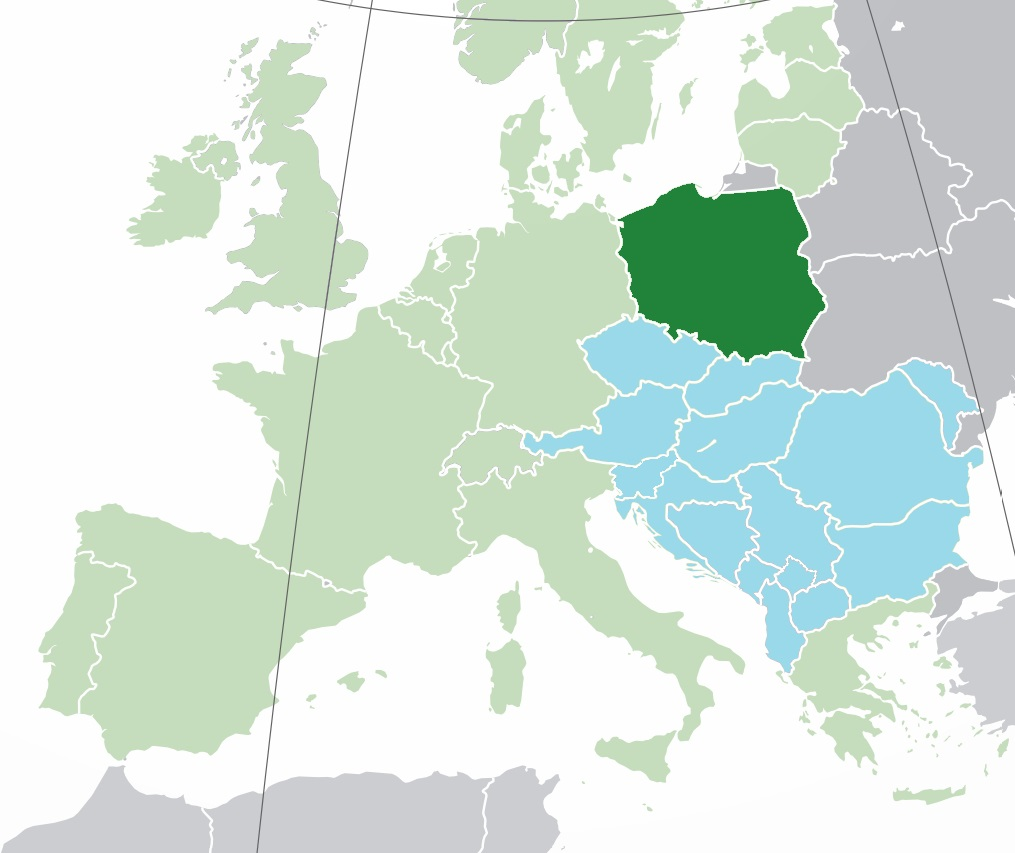Poland

Poland participates with two groups located at (click on the group for further information):
Institute of Physical Chemistry, Polish Academy of Sciences, Warsaw
Institute of Physics, Polish Academy of Sciences, Warsaw
The research group of Complex Systems and Chemical Processing of Information is also part affiliated to the Polish Academy of Sciences but to the Institute of Physical Chemistry. The members of this group are experienced in theoretical and simulation studies of (i) phase transitions and critical phenomena, (ii) self-assembly in amphiphilic and colloidal systems, (iii) shape transformations in biological membranes, (iv) ionic systems, (v) effects of confinement on simple and complex fluids, (vi) kinetics and pattern formation in chemical reactions, (vii) active matter, including self-propelled objects in complex environment. We introduce and study lattice and continuous models of various bulk and confined inhomogeneous systems. Density Functional Theory (DFT), Statistical Field Theory (SFT), local Mean Field theory, exact transfer matrix methods and advanced methods of minimization of functionals defined on curved surfaces, as well as Monte Carlo and Molecular Dynamics simulations are used in these studies.
The group of Soft Matter and Fluids Physics within the Division of Theoretical Physics from the Institute of Physics of the Polish Academy of Sciences is active in teaching and research in computational sciences with a focus on soft matter systems. The group has expertise in a range of methods (e.g., molecular and fluid dynamics methods) with recent work dealing with fluid dynamics phenomena, such as evaporation, fluid motion on gradient substrates, icing, evaporation processes, nanobubbles, superspreading, pinning, cloud formations, and others. The group is active in developing various computational methods in different areas, for example, biophysics (GoMARTINI model for studying large conformational changes of proteins). The group also has background in statistical physics and thermodynamics, while work related to
polymer physics has dealt with the study of brush polymer systems. The group is active in both fundamental and applied research, which is carried out in the frame of various international collaborators.
